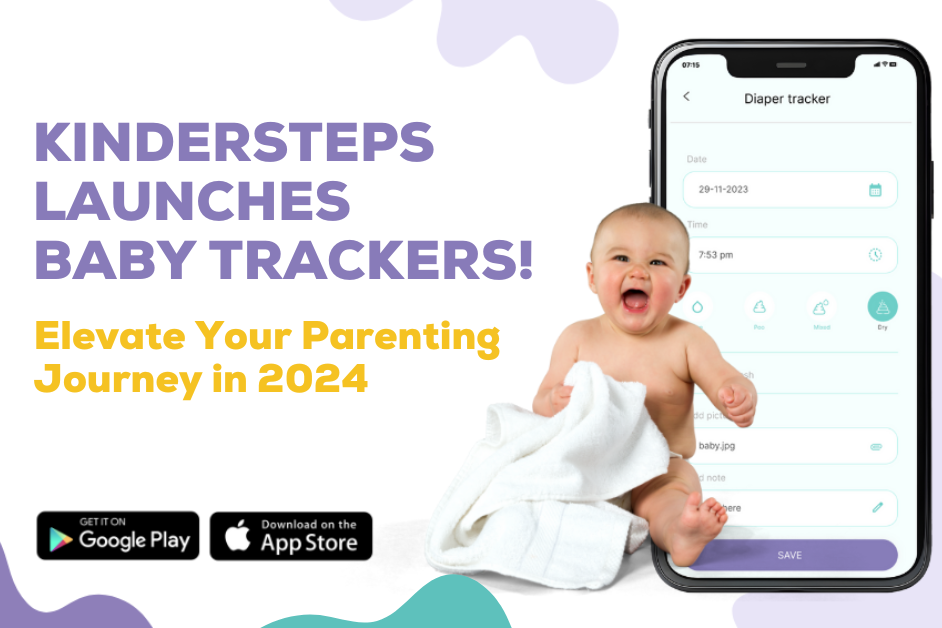Milestones are important developmental markers that help parents and doctors track a baby's progress. They provide a way to measure whether a baby is developing typically and can be a sign of potential problems.
Most babies start hitting milestones around the same time, but there is a wide range of what is considered normal. If your baby is not meeting milestones at the same pace as other babies, don't panic.
There are several reasons why this could be happening, and there are things you can do to help your baby catch up.
- Late bloomer - one reason why your baby might not be meeting milestones on time is that they are late bloomers. Some babies take longer to reach milestones than others, and that's perfectly normal. Talk to your pediatrician if you're concerned about your baby's development. They can tell you if your baby is on track or if there are any red flags you should be aware of.
- Strengthen their muscles - one thing you can do is stimulate their development is, by providing opportunities for them to practice new skills. If your baby isn't crawling, put them on their tummy often so they can practice pushing up.
- Physical development delay - it could be because your baby is having trouble with their motor skills, it can be due to heredity, complications during pregnancy, or even premature birth can also be a reason.
- Autism - is a neurodevelopmental disorder, that affects a child’s ability to communicate and interact with others, it also affects the learning and behavior of the child.
- 6 months - not showing any kind of joyful expression such as a smile.
- 9 months - not showing any facial expressions or sharing of sounds.
- 12 months - not showing gestures such as pointing, reaching, or waving.
- 16 months - they are not communicating at all.
- 24 months - not able to create two-word meaningful phrases at all.
If you're worried that your baby isn't meeting its milestones, there are a few things you can do to help them along.
- Make sure that you're providing them with plenty of opportunities to practice the skills they're working on. If they're trying to learn to crawl, create a clear path for them to practice on.
- Try breaking down the task into smaller steps and helping them accomplish each one.
- Encourage your baby as they try new things and praise them when they make progress.
- Don't forget to consult with your child's doctor if you have any concerns. They can provide you with more specific advice and let you know if there's cause for concern.
Kindersteps helps you to track your child’s progress through daily recommended activities based on scientifically verified milestones.






.jpg?alt=media&token=166b64a9-274c-400c-95e4-baf0013e7e43)
